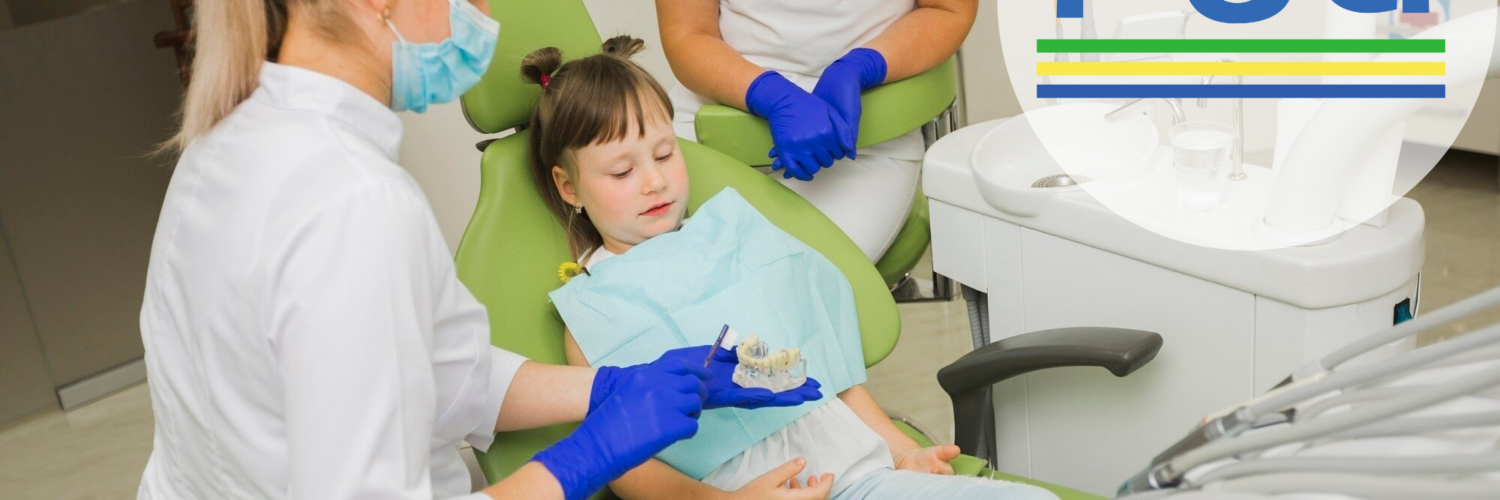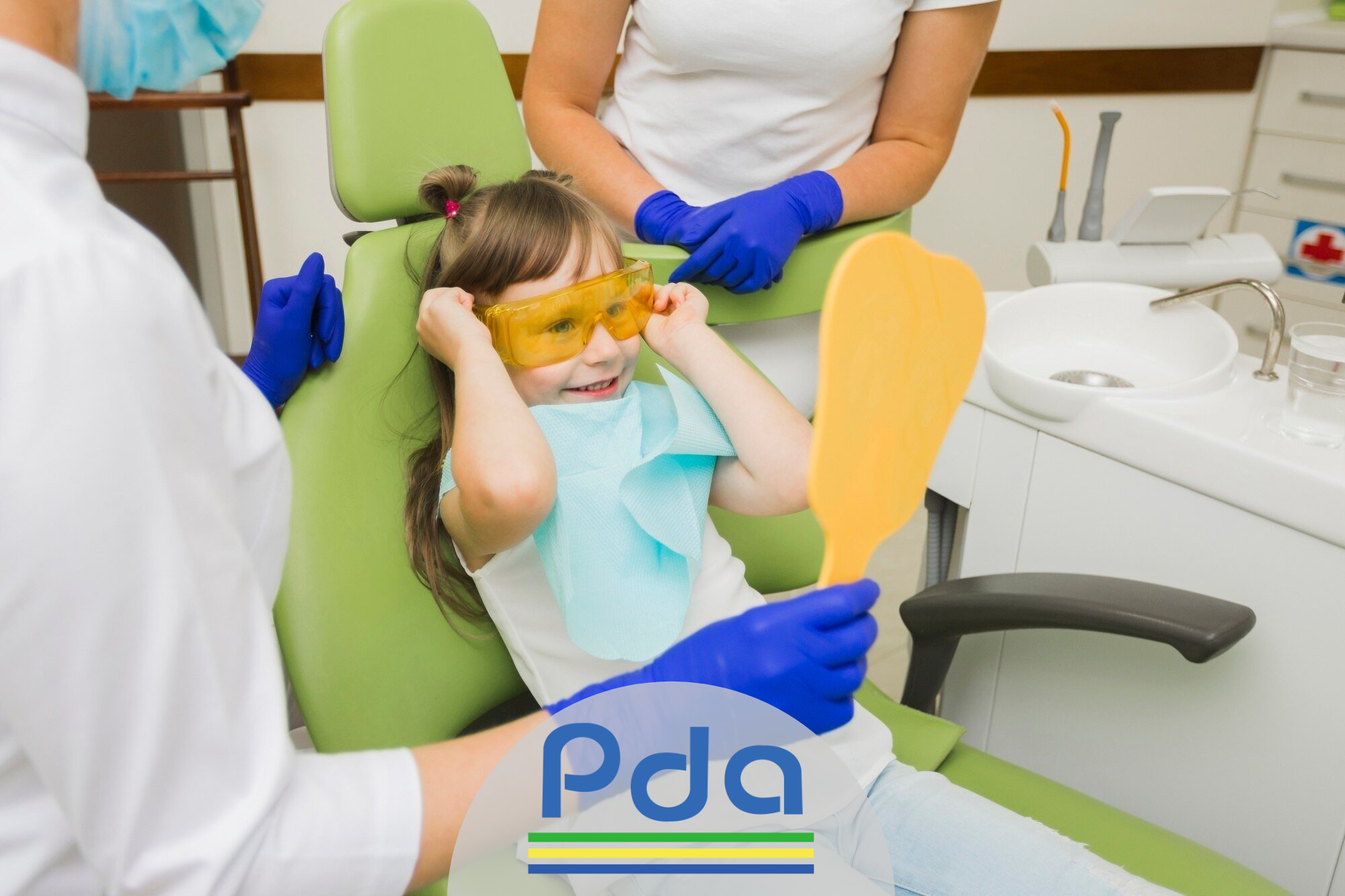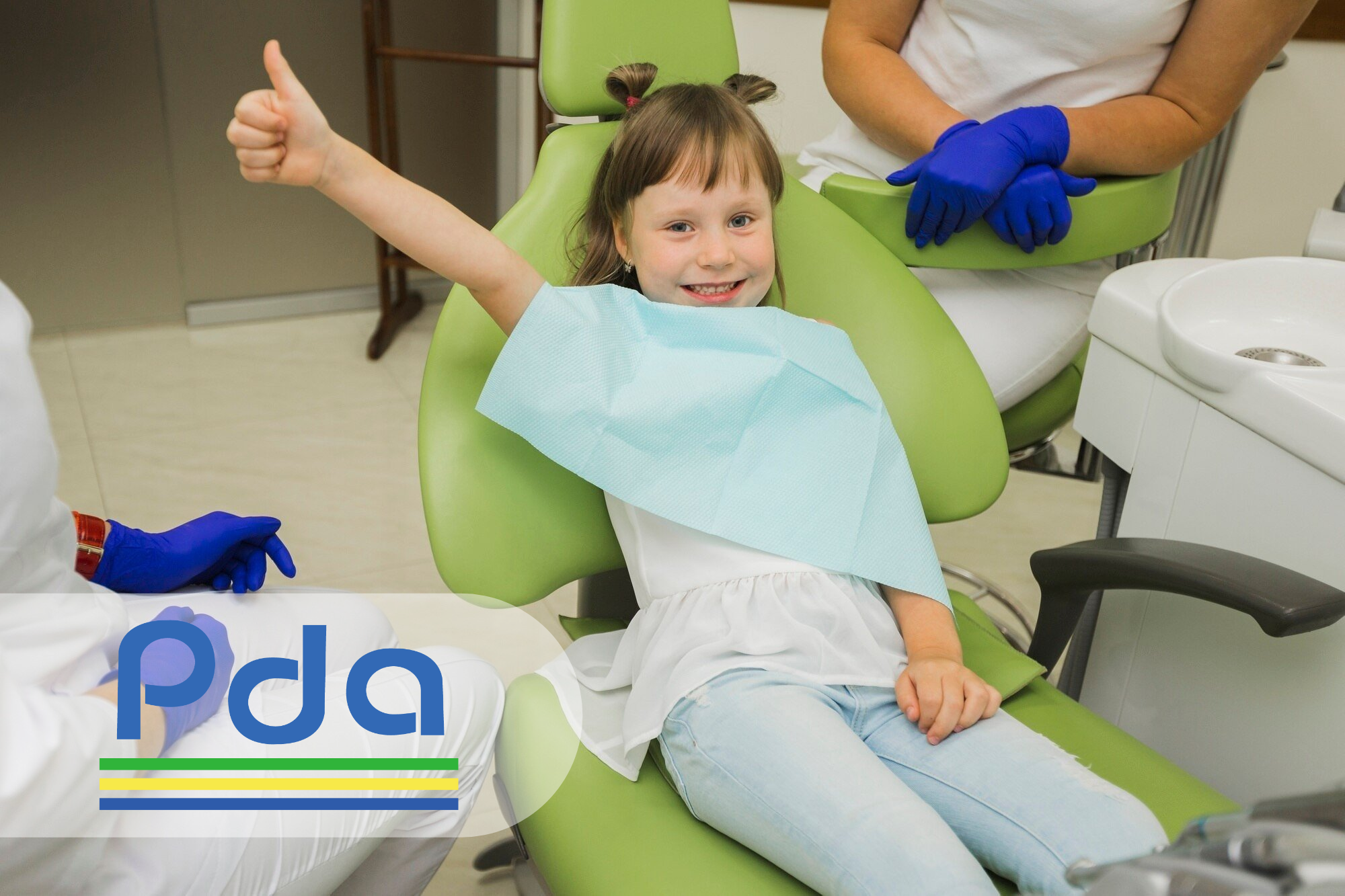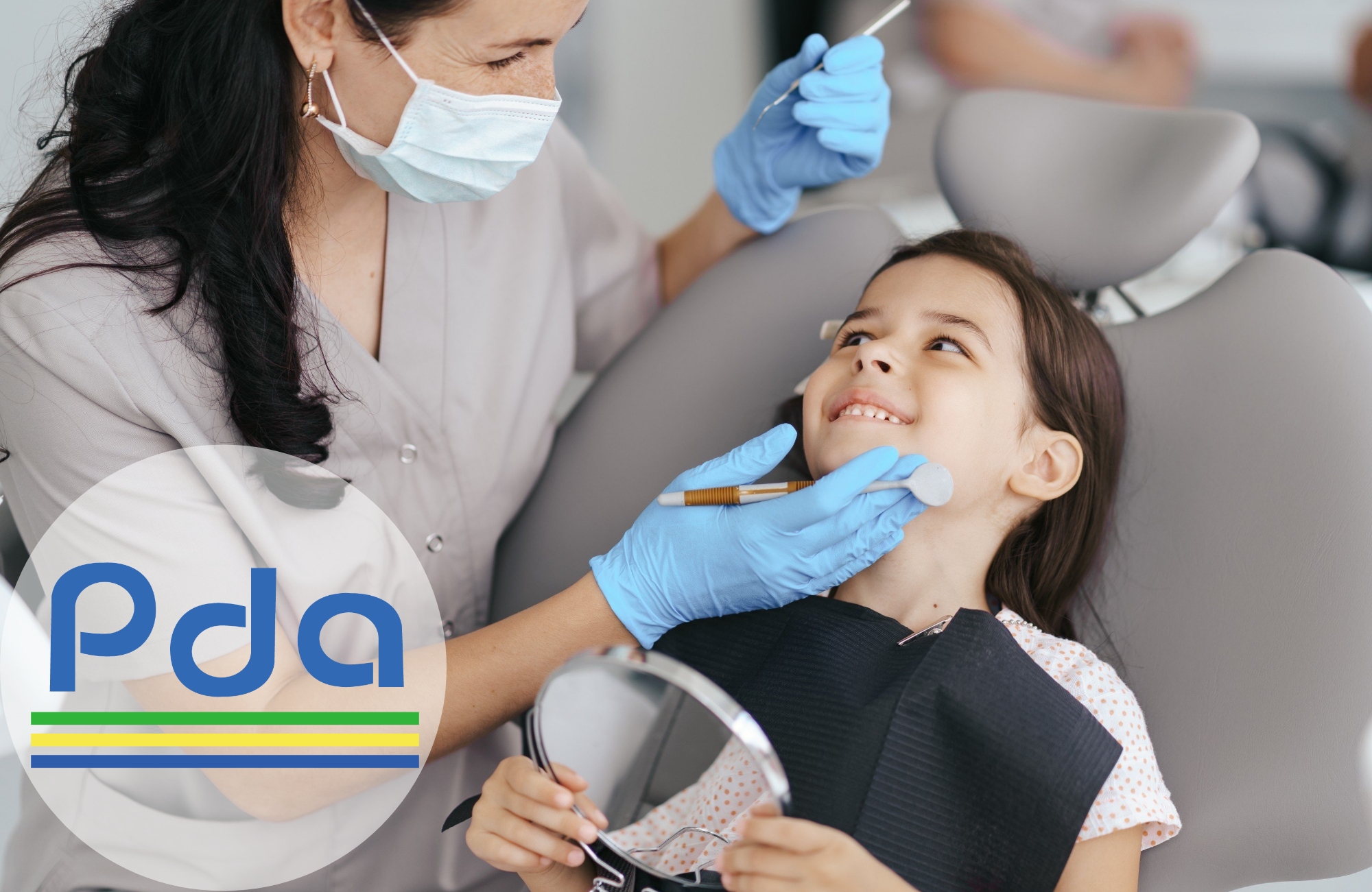A child’s first visit to the dentist is an important milestone—one that can shape their perception of oral health for years to come. Many parents feel a mix of excitement and concern as they prepare for this experience. They want to ensure their child feels comfortable, safe, and confident in the dental chair.
A positive first dental visit can set the foundation for a lifetime of good oral hygiene habits. With the right preparation, parents can help their child feel at ease and even look forward to visiting the dentist. Whether you are searching for the best pediatric dentist Teaneck or simply want to know how to prepare your child, this guide will provide the essential steps for success.
When Should a Child Have Their First Dental Visit?
The American Academy of Pediatric Dentistry (AAPD) recommends that children have their first dental visit by their first birthday or within six months of their first tooth erupting. This early visit allows a pediatric dentist to examine your child’s oral development, identify potential concerns, and provide parents with guidance on proper dental care.
Many parents assume that baby teeth are not as important as permanent teeth, but early childhood cavities can lead to pain, infection, and future dental issues. According to the Centers for Disease Control and Prevention (CDC), tooth decay is one of the most common chronic childhood conditions, affecting nearly one in five children aged five to eleven. Early visits help prevent these problems before they start.
Choosing a specialized pediatric dentist is essential for making this experience as positive as possible. If you are looking for a child-friendly and experienced provider, a visit to the best pediatric dentist Teaneck can ensure your child receives expert care in a welcoming environment.
Preparing Your Child for Their First Dental Visit
1. Use Positive Language
How parents talk about the dentist can shape how their child feels about the experience. Avoid using words that might sound scary, such as “pain,” “needle,” or “drill.” Instead, focus on the benefits of going to the dentist and how it helps keep teeth strong and healthy.
Consider using phrases such as:
- “The dentist helps keep your smile clean and bright.”
- “You’ll get to sit in a cool chair and meet a friendly dentist.”
- “After your visit, you might get a fun surprise!”
Reading books or watching videos about visiting the dentist can also help familiarize children with what to expect.
2. Schedule the Appointment at the Right Time
Timing can make a big difference in how a child reacts to their dental visit. Scheduling an appointment when your child is well-rested and not hungry can help reduce anxiety and frustration.
For young children, morning appointments are often ideal because they are more cooperative earlier in the day. Avoid scheduling during nap times or when your child may be irritable.
3. Bring a Comfort Item
Bringing a favorite stuffed animal, blanket, or small toy can provide a sense of security in a new environment. Having something familiar to hold onto can help children feel more relaxed during their appointments.
4. Practice at Home
Before the visit, practice opening the mouth wide and counting teeth in the mirror. This simple exercise helps children feel more comfortable with the idea of a dentist looking inside their mouth. You can make it fun by pretending to be the dentist and letting them take turns looking at your teeth as well.
What Happens During a Child’s First Dental Visit?
A first dental visit is typically short, gentle, and focused on creating a positive experience for the child. The goal is to examine their teeth and introduce them to the sights, sounds, and routines of a dental office in a way that feels welcoming and non-intimidating. Pediatric dentists take special care to ensure children feel safe and comfortable, often using playful language and interactive techniques to build trust. By keeping the visit low-pressure and engaging, dentists help children develop confidence in dental care, making future visits much easier and stress-free.
During the visit, the pediatric dentist will:
- Examine the child’s teeth and gums for early signs of cavities or other concerns.
- Discuss proper brushing and flossing techniques.
- Provide nutrition tips and how to prevent cavities.
- Address any concerns about habits like thumb-sucking or pacifier use.
- Answer any questions parents may have.
Most pediatric dental offices, including those specializing in children’s dentistry, create a fun, engaging experience to help children feel at ease.
What If Your Child Has Special Needs?
For children with special healthcare needs, dental visits may require additional preparation and a personalized approach to ensure a comfortable and successful experience. Pediatric dentists undergo specialized training to accommodate children with sensory sensitivities, developmental differences, anxiety disorders, and other unique challenges that may make dental care more difficult. These professionals use gentle techniques, customized communication strategies, and adaptive equipment to create a calm and supportive environment. Many pediatric dental offices also offer quiet rooms, desensitization visits, and sedation options to help children who may struggle with traditional dental appointments. By working closely with parents and caregivers, pediatric dentists develop individualized care plans that prioritize both oral health and emotional well-being, ensuring that every child receives the attention and support they need for a positive dental experience.
If your child has special needs, consider the following steps to make the visit more comfortable:
- Call ahead to discuss accommodations. Many pediatric dental offices offer quiet rooms, sensory-friendly tools, or additional support.
- Schedule a “meet and greet” before the actual appointment. A short visit to familiarize your child with the environment can help ease anxiety.
- Ask about sedation options. Some children benefit from mild sedation if they have severe dental anxiety or difficulty sitting still.
A dental office that specializes in treating children with special needs will understand how to create a calm and supportive experience.
How to Prevent Dental Anxiety for Future Visits
Helping a child feel comfortable with dental care from an early age is one of the best ways to prevent future anxiety and ensure a lifetime of positive oral health habits. When children associate dental visits with a safe, welcoming, and even enjoyable experience, they are far more likely to feel confident about routine check-ups and necessary treatments as they grow. Parents play a crucial role in shaping their child’s attitude toward dental care, and consistency is key to building that confidence.
By reinforcing positive associations and making oral hygiene a fun and engaging part of everyday life, parents can help ease any fears their child may have about the dentist. Establishing a predictable routine, choosing a compassionate pediatric dentist, and maintaining open, reassuring conversations about dental health can all contribute to a child’s comfort and willingness to visit the dentist without hesitation.
Here are some effective strategies to ensure continued success:
- Make oral hygiene fun. Use a reward chart, special toothbrushes, or engaging music to make brushing and flossing enjoyable.
- Be consistent with regular check-ups. Visiting the dentist every six months helps children become familiar with the process.
- Stay calm and encouraging. Children pick up on their parents’ emotions, so maintaining a positive attitude about dental visits can make a big difference.
If you are looking for the best pediatric dentist Teanecks, choose a specialist who understands how to work with children and can ensure a smooth and stress-free experience.
Long-Term Oral Health Habits to Teach Your Child
To maintain good oral health between dental visits, parents should encourage the following habits:
- Brushing twice a day with fluoride toothpaste. Using a soft-bristled toothbrush, children should brush their teeth for at least two minutes.
- Flossing daily. Even young children should begin flossing as soon as two teeth touch.
- Limiting sugary foods and drinks. Too much sugar can increase the risk of cavities.
- Drinking plenty of water. Water helps rinse away food particles and keeps teeth clean.
The Importance of Finding the Right Pediatric Dentist
Choosing a pediatric dentist who is trained to care for young patients can make a significant impact on a child’s perception of dental care. Pediatric dentists complete additional years of specialized training to focus on the unique needs of children, including those with special healthcare considerations.
When searching for a provider, parents should look for:
- A child-friendly atmosphere that makes dental visits feel welcoming.
- A gentle and patient approach to ease dental anxiety.
- A strong reputation and positive reviews from other parents.
- A dentist who educates both children and parents on proper oral health habits.
Parents who want to ensure their child has the best possible experience should consider a highly-rated children’s dentist.
For more information on pediatric dental care, visit:
- American Academy of Pediatric Dentistry (AAPD) – Guidelines for children’s oral health.
- CDC Oral Health – Research on children’s dental health statistics.
By preparing ahead of time and choosing the right dentist, parents can ensure their child’s first dental visit is a success. The right approach helps build confidence and fosters a lifelong commitment to good oral health.
Frequently Asked Questions
- How can I find a good pediatric dentist?
Look for a dentist with specialized pediatric training, a welcoming office environment, and positive reviews from other parents. - What if my child is afraid of the dentist?
Preparing ahead of time with positive language, books, and pretend play can help ease fears. - How often should children visit the dentist?
Children should see the dentist every six months for regular check-ups and cleanings. - Are X-rays safe for children?
Yes, pediatric dentists use low-radiation digital X-rays only when necessary to monitor tooth development and detect cavities. - What should I do if my child has a dental emergency?
Contact a pediatric dentist immediately if your child has severe pain, a broken tooth, or other dental trauma.
Ensuring a positive first dental experience can set the stage for a lifetime of good oral health habits.







